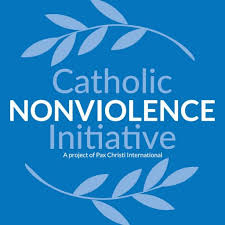Celebrating Jubilee
How is Jubilee being practiced today?
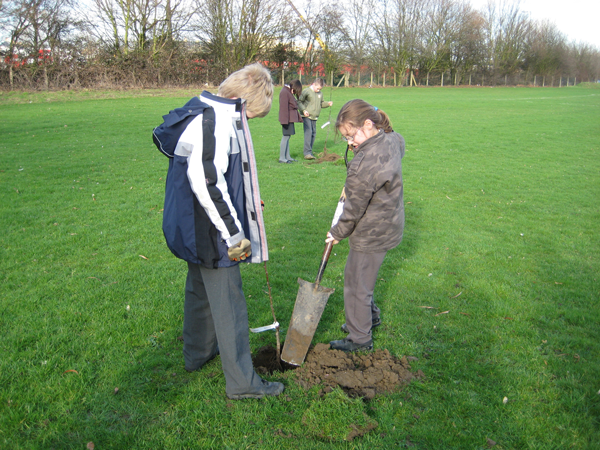
Treeplanting
Celebrating an anniversary by planting trees
2024 is the 20th anniversary of Operation Noah, an ecumenical charity in Britain which addresses climate change, and it is encouraging supporters to plant a tree to commemorate. St Lawrence's Church of England parish in Hungerford planted nearly 7,000 trees on land owned by local farmers, charities and a school. Operation Noah says, "growing trees is one of the most positive things we can do for the climate – trees act as a carbon sink and provide shade, cooling and habitats for wildlife." One partner has been the Woodland Trust which has provided trees.
The 100 Million Trees Project aims to see the planting of 100 million native Irish trees across the island of Ireland over the next decade, as a community-driven initiative to reverse the immense environmental damage caused by the reduction of forests worldwide and the loss of huge areas of biodiversity.
Church leaders call for Jubilee debt cancellation
Jubilee 2000 was a global campaign at the turn of the millennium that led to the cancellation of more than $100 billion of debt owed by 42 of the poorest countries. The resulting savings were subsequently used to reduce poverty, and to fund health and education programmes in many countries. The global petition was signed by 24 million people.
Pope Francis has said that it would be fitting to celebrate the Jubilee Year 2025 by cancelling all or most of the debts of world's poorest countries. On 24 July 2024, representatives from Christian Churches, Muslim community, national councils of Churches and interreligious councils across 13 countries in Africa, meeting in Rwanda, addressed a joint statement to world leaders calling for debt relief for Africa in view of the 2025 Jubilee.
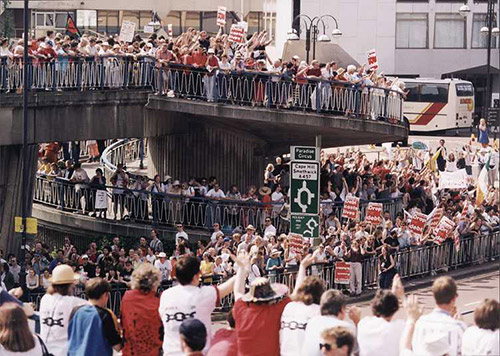
Jubilee 2000 Debt Campaign 'Hands around Birmingham' 19 May 1998

Church foodbanks helping people in debt
Foodbanks provide emergency food to individuals and families in debt who have trouble affording their food needs. Many have been founded by local churches and community groups, working together towards stopping hunger in their area.
Justice for Migrant Domestic Workers
Waling Waling works for Justice for migrant workers and their families in the UK and has had Columban support from the earliest days. It fought and won a campaign from 1984 – 1997 gaining basic rights for Migrant Domestic Workers. Domestic workers in private households can be treated very badly. Waling Waling has called for genuine contracts, regular hours of work, fair pay, holidays, sick and overtime pay.
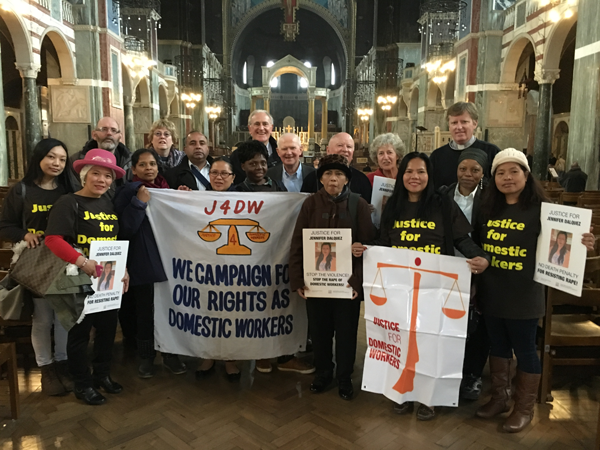
Domestic Workers at Westminster Cathedral
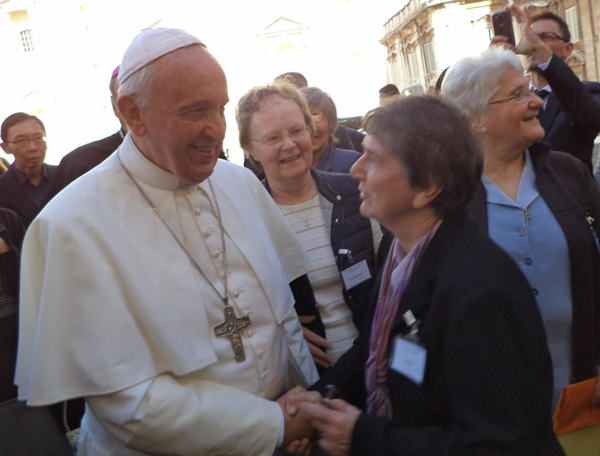
Renate leaders Sr Imelda Poole and Sr Patricia Mulhall meet Pope Francis
Religious act against human trafficking
RENATE - Religious in Europe Networking Against Trafficking and Exploitation - is a faith-based network, mainly of women religious from 30 countries, which aims to eliminate human trafficking, a modern form of slavery. The Foundation provides immediate shelter and care to those rescued, whilst also running a number of programmes with highly vulnerable and exploited communities to prevent future trafficking.
Building Peace programme of the Catholic Church
The Catholic Nonviolence Initiative, a project of Pax Christi International, has advanced the conversation and understanding of nonviolence and just peace in the Catholic Church and beyond.
